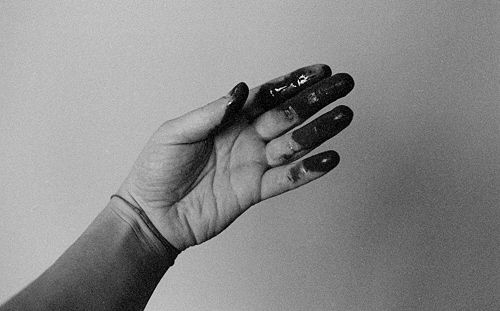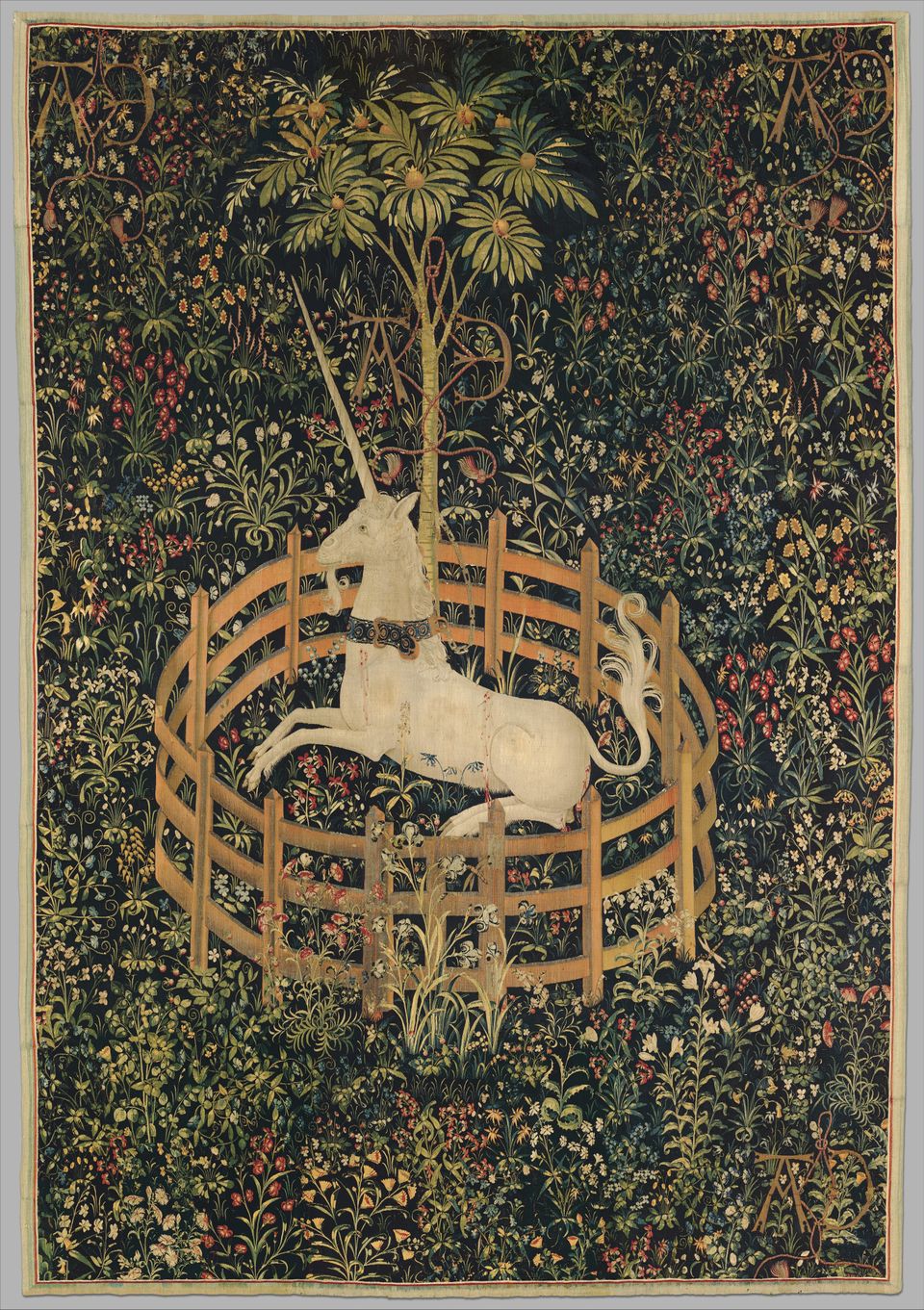1.
I wake up that morning and say to her, “I never loved you.” This is so she’ll hate me and revise our six months as lies: every instance I’d said I loved her would be like crumbs or lice she’d comb out of my hair. If she disbelieves me, it’d be because she wanted it another way, not that it was untrue. She’d be a buoy. No, a seagull on a buoy.
2.
I wake up that morning and say to her, “I don’t love you anymore.” I can’t explain when it was enough, such that we were no longer or farther from the other’s reach. I trace back to where I last saw my keys, whether teaspoons or tablespoons, what quotient or what remains I failed to carry. But hours are in gradations of light, the violet a single bird breaks, inexplicably, with first or final note.
For her, each of the six previous months will be angled, obtuse and widening into days, then hours and so on until tense moments resolve into a precise arc, a smooth blade that, when put to chop, is blunt.
Sometimes our paths cross by accident; we appear to the other gradually in sight but suddenly in recognition. I turn away, feel her watching my limbless body.
3.
I wake up that morning and say to her, “I love you; that’s why I can’t, anymore.” The syllogism goes like this: I love you; I love another; I can’t love both; I love another more;
not another person, only that the person could be you. But this possibility isn’t like how I could say this green blouse would look great on you knowing she’d try it on to please me.
She thought we’d discover together how we might be together; I could believe in waiting till the day of to decide whether we were staying in, or going to her sister’s party. Even what we thought about the afterlife. But I could not believe in closing my eyes to be touched in a place I didn’t know about, or could be touched that way. What kind of love is that? she’d ask.
In loving a possibility, I love neither her nor her; I’m all limbs and without conclusion.
4.
I wake up that morning and say to her, “I love you. I can’t.” There is no conjunction but the temporal: there will be tomorrow whether she or I like it or not. When one’s imagination fails, we fail.
She wanted to imagine together like the menu and dinner we made for a party of ten, to tell each other what to do like the day lights the undersides of magnolia leaves, to see for each other what we saw each in the others’ absence, what is doubly seen in our retelling: the squirrel crossing on telephone wires from one jacaranda to another, the heron who has returned. The world could be twice-told and repeated.
The jacaranda blossoms bloom and scatter. The bees follow to the ground. Like snow, they smudge brown into the concrete underfoot. A layer of violet fills up the windshield of a blue Oldsmobile that hasn’t been moved in days.




